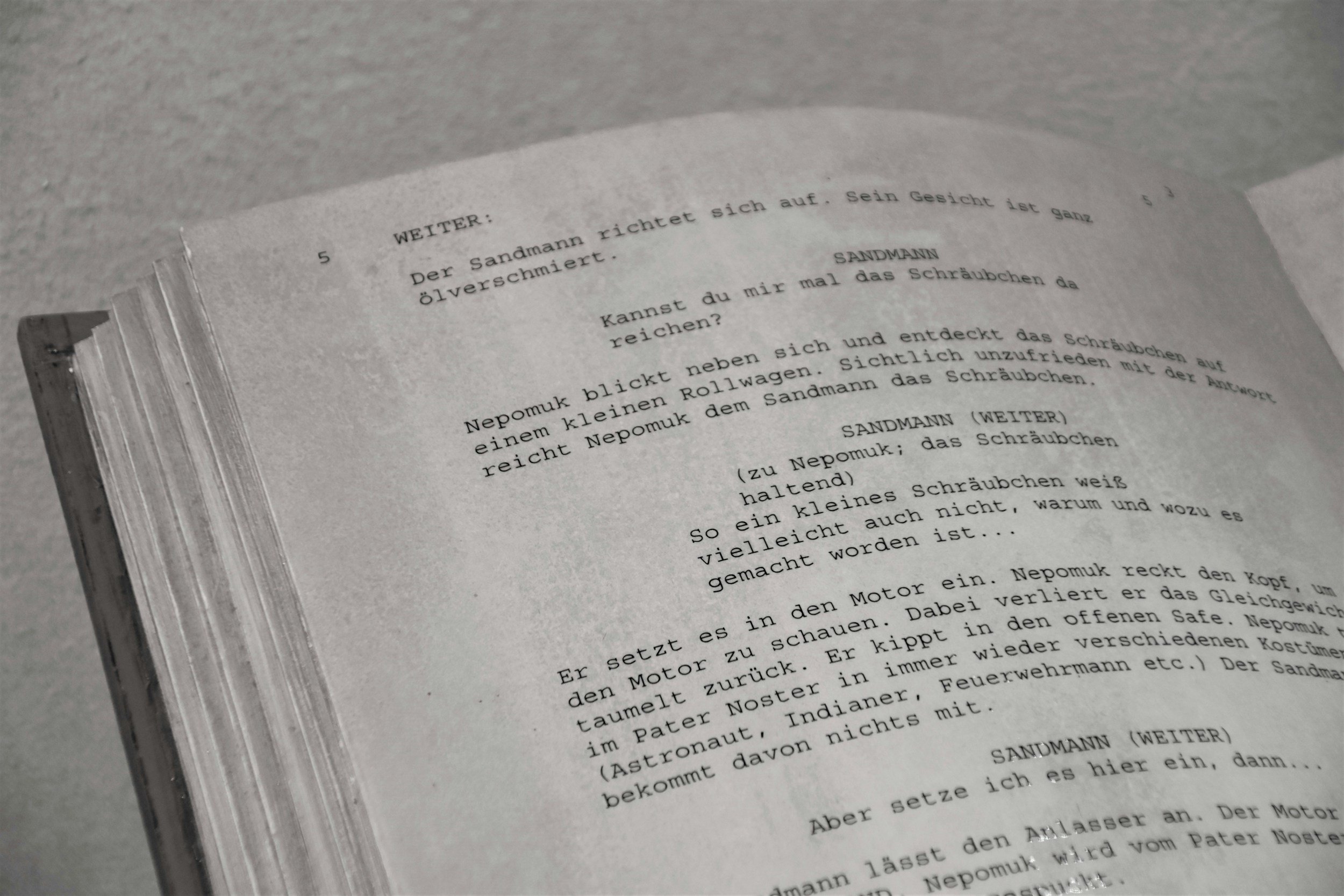
The Only Way Through Is Through.
I’m getting pretty exhausted by the death of Hollywood narrative that’s permeating social media, the trades, and the news. Not because things aren’t bad right now. They are.
Let’s take a second to talk about the state of our industry and why I still have hope things will get better.

So you just got notes. Now what?
Every writer looooooves getting notes on their work, right? It’s our favorite part of the whole process. You spend months fine-tuning a screenplay to get it to the point where you don’t want to jump off a building at the idea of showing it to people. And you did it. You got there. In your eyes, it’s the best it’s been and maybe could ever possibly be.
But, you’re not a crazy person… You know notes are coming at you. Whether it’s from a trusted friend or writers group, a coverage service like this one, a manager, a producer, a competition, whatever. You tell yourself you’re ready for their honest, hopefully helpful feedback, but deep down, you want what we all want. To be told you did a good job. To be told it’s perfect. To hear the elusive, nigh-impossible “No notes!”
But that doesn’t happen. You’re told your baby isn’t perfect and needs anything from fine-tuning to a complete overhaul. It’s tough to hear, but you’re determined to get back to work. You’re gonna make this script sing!
But notes can be overwhelming. It’s hard to know where to start and what to do. In your mind, it took this long to make all the pieces fit together like a puzzle. And now someone is saying to take those same pieces and make a different picture? Or to add some pieces, take out some pieces, and still make a beautiful image.
In this post, let’s talk about how to read notes, how to approach them, and how to attack your rewrite.

The death of WeScreenplay, Tracking Board, ScreenCraft, Coverfly, (and more?). Where do we go from here?
This is bad.
I’m not going to sugarcoat it or try to spin it into a plea to use my services. In this blog post at least, I promise I’m not trying to sell you anything. Normally at the end of my posts, I link to the services I offer. This time, I’m not going to do that.
This time, I just want to speak from the heart.
Breaking into Hollywood has always been hard. But in recent years, the Internet saw a boom of screenwriting services and competitions that offered a viable, clear path to, at the very least, getting your screenplays read by people with the potential to do something with them. People who could help you get your foot in the door.
But now, thanks to downsizing, corporate mergers, the proliferation of AI script coverage, and the general enshittification of everything that’s good in the world, many of those services are gone.
As screenwriters, what pathways still exist for us? How do we break in?
What do we do now?

Sinners is a hit! What Screenwriters (and Hollywood) should learn.
You’ve heard the naysayers and armchair box office prognosticators this year. Hollywood is dead. Cinema is dead. Movie theaters are dead. Et cetera.
It sounds a whole lot like… what they said last year. And the year before. And the year before. They said it before Top Gun: Maverick. They said it before Barbenheimer. And they said it before Sinners.
But to paraphrase Mark Twain, “Reports of Hollywood’s death are greatly exaggerated.”
As screenwriters, what can we learn from Sinners’s success? And, maybe more importantly… What should Hollywood learn?

Take Big Swings.
Can I tel you the number one problem I see with most scripts I read?
The problem with most scripts that are circulating in Hollywood right now?
I was having coffee with a producer recently, and she told me the biggest issue she sees in nearly every script that crosses her desk.

It all starts with a script.
Duh. Right?
That’s like saying dinner starts with a recipe or a skyscraper starts with a blueprint.
But that doesn’t change the simple truth. If they don’t have a script, they can’t make a movie.